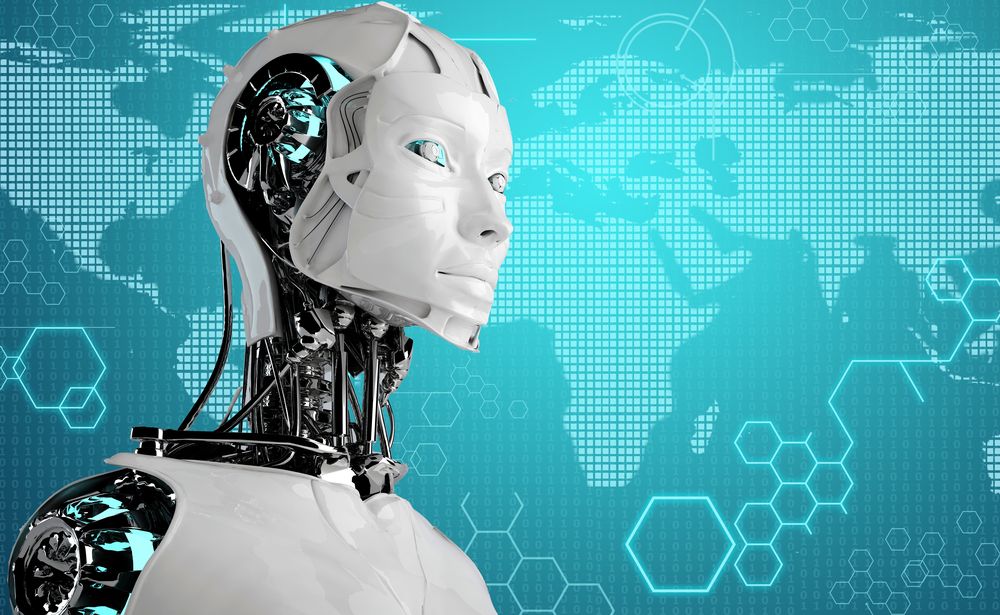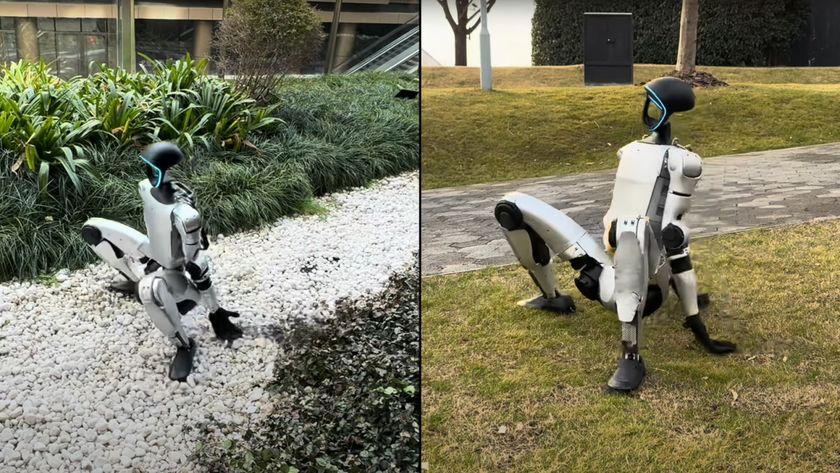Think Your Job Is Robot-Proof? Think Again

Fast food workers of New York City united yesterday (April 4) to protest the current minimum wage of $7.25 an hour.
"It's impossible to support a family on $7.25 an hour," Gregory Reynoso, a Domino's employee, told the New York Times. "We're just surviving."
Technology, however, may ultimately decide how much workers make, including college-educated, white-collar employees.
The fast food workers are demanding that wages increase to $15 an hour. Because of inflation, according to the National Employment Law Project, the purchasing power of today's minimum wage is 30 percent less than it was in 1968, NPR.org reports.
A 'fight with technology'
But by demanding wages of $15 an hour, fast food workers may be sealing their own fates, Michael Saltsman, research director at the Employment Policies Institute, told NBC News.
"The workers aren't in a fight with management, they’re in a fight with technology," Saltsman said. Eventually, "the cost of service is going to get trumped by the customers' demand for lower prices," and less-expensive machines will replace people. [Human-Robot Relations: Why We Should Worry]
Sign up for the Live Science daily newsletter now
Get the world’s most fascinating discoveries delivered straight to your inbox.
Indeed, the fast-food industry — like agriculture, manufacturing, media and countless other industries — is looking into the future, and a robot is staring back.
Momentum Machines, a San Francisco-based company, has created a burger-flipping device that can crank out custom-made burgers (extra lettuce, hold the mayo) at industrial speeds, Gizmag reports.
The company estimates that making burgers costs $9 billion a year in wages in the United States alone. Momentum Machines' device, however, can make 360 burgers per hour with minimum human intervention.
"Our technology will democratize access to high-quality food, making it available to the masses," the Momentum Machines website states. (It does not explain, however, if it will democratize access to good-paying jobs for the masses.)
Robots never miss a deadline
And it's not just workers in fast food restaurants, factory assembly lines and farm fields who will see their jobs threatened by automation.
Computer programmers and machine developers are creating devices so sophisticated they seem capable of replacing human thought — a concern for those people with jobs that require actual thought.
Take journalism (please). Narrative Science, a company affiliated with Northwestern University in Evanston, Ill., has created a software program that can create well-written news stories in a matter of seconds by processing info like sports statistics and financial data, according to the New York Times.
And the company charges only $10 for a 500-word article, Slate reports. "Would Narrative Science have unmasked the Watergate [sic]? Probably not. But then, most news stories are easier to report and decipher," Evgeny Morozov writes in Slate.
It remains to be seen whether or not a computer would refer to something as "the Watergate."
The silver lining behind automation
"There is no question that some jobs are simply not going to be economically viable to be done by humans anymore," Raul Ordonez, director of the University of Dayton's Motoman Robotics Laboratory, told the Dayton Daily News.
"The automation revolution is definitely happening. There is simply no way to stop it," Ordonez said. "I think it will bring with it some pain in the sense that it will require all of us to adapt to it."
If the thought of adapting to accommodate a robotic future concerns you, the following quote from Kevin Kelly in Wired won't ease your anxiety: "You'll be paid in the future based on how well you work with robots. Ninety percent of your coworkers will be unseen machines."
Kelly, however, sees a silver lining to our automated future: "When robots and automation do our most basic work … then we are free to ask, 'What are humans for?'" This freedom lets us pursue more artistic and philosophical pursuits, Kelly claims.
"We need to let robots take over," he said.
Follow Marc Lallanilla on Twitter and Google+. Follow us @livescience, Facebook & Google+. Original article on LiveScience.com.












